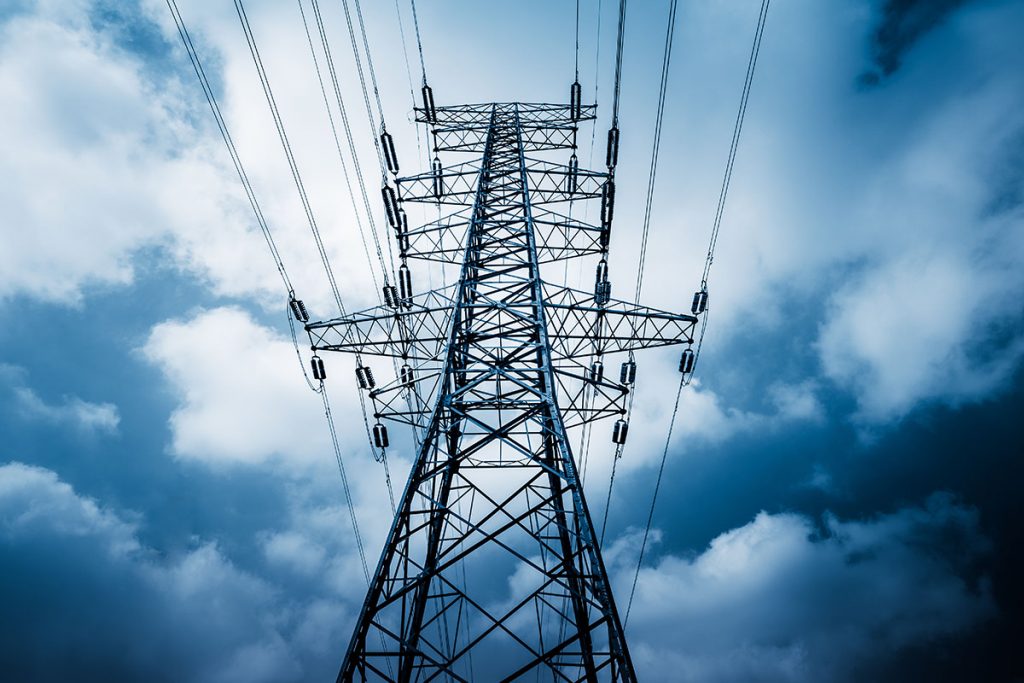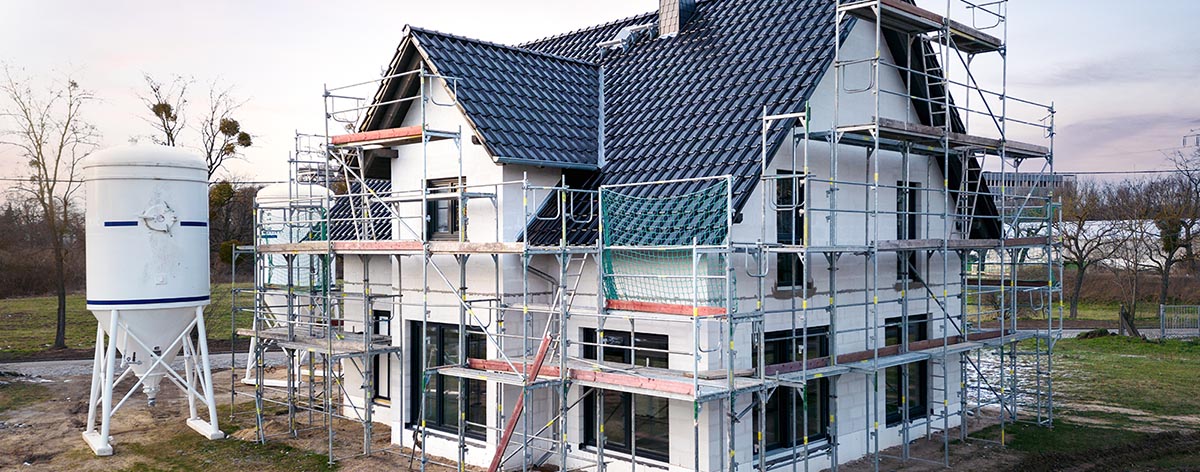A comment by Anja Herberth
Ideologies are world views, ideas and conceptions – how one sees the world or how one would like it to be organized. They are guidance systems that sometimes more, sometimes less influence the actions of people, organizations and parties. These guiding principles are ageing and urgently need an extensive makeover. Especially in a time of high dynamics and uncertainty, politics is increasingly becoming a pure game of strategy: If you move, you lose.
The fatal thing about this is that in these bubbles, challenges are not thought through with sufficient horizon and to the end. As a result, problems remain unsolved and real, sustainable solutions are blocked – for example, if the political competition was the originator of these proposals. As a result, parties only offer inadequate, not fully thought-out solutions to increasingly complex challenges. Polarization and tensions between parties, differing opinions and attitudes are increasing, the challenges remain or are becoming more acute. After all, who likes to admit they were wrong? Only when the consequences become (painfully) clear do they row back.
Political lack of planning
Want some examples? While the economy is struggling with a shortage of labor and skilled workers, the idea of a 32-hour week with full pay is celebrating its heyday. To show people “a bit of dignity and respect.” As this increases the hourly rate, products and services would be more expensive – but we would earn the same amount. A turbo for inflation, which is already having a massive impact on people. I assume that the constitutional limit on inflation should then come into effect.
The energy transition is another example of concepts that have not been thought through to the end and a lack of political planning: this means a fundamental restructuring of the energy world. A modern infrastructure is the backbone of our society and economy – and should be restructured carefully. Without energy, the plug is literally pulled out. Shutting down coal and nuclear power plants in the midst of one of the most serious energy crises in Germany was therefore not just behaviorally unwise. According to The Pioneer, in combination with the withdrawal of gas and oil supplies from Russia, 6-10% of the electricity produced in Germany was withdrawn from the market in times of rising electricity consumption, making supply scarcer and prices more expensive.
And sun and wind are available for free, as the Greens like to emphasize. But how the energy produced from them is to be transported from A to B remains a mystery. This is because the old electricity grids from the last century were not built for these loads and are simply completely overloaded. In Austria, however, decentralized, unplanned electricity production via private PV systems continues to be promoted with a lot of taxpayers’ money. I am curious to see what will happen if end consumers are not allowed to connect their systems to the electricity grid – because it is not sufficiently dimensioned. EU and National Council elections will be held in Austria next year, and they will be very exciting.

Politics also needs transformation
If there is severe turbulence and subsequent symptoms, the boat is rowed back. The closer the SPÖ party conference came, the weaker the demands became. And since the German Green Minister for Economic Affairs, Habeck, does not believe that we will happily and contentedly cycle off into the sunset on our cargo bikes in the age of degrowth, German industry is now being subsidized to prevent its migration.
In a time of multiple crises, these crisis maneuvers further shake the already eroded trust and interest of voters in politics. The economy also needs framework conditions that offer legal certainty and predictability. In a time of instability and high dynamics, a solid vision and a viable – i.e. realistic – strategy are needed to achieve this. What we don’t need are challenges that are created by politicians themselves and then “solved” with a lot of taxpayers’ money.
People are afraid of the future, and the younger generation in particular fears that they will no longer be able to maintain their parents’ standard of living. There is a lack of orientation, a positive narrative about the future – and therefore also a lack of prospects. Fears in combination with unresolved political challenges and political frustration leave voids and thus “flight paths” for populism.
Conclusion: The restructuring of systems requires a systemic approach, and not just the consideration of individual silos – and this also applies to political silos of thought. The rusty party structures of the old parties need to be revitalized, and a large dose of realism, courage and cooperation across political and professional boundaries is needed. To build sustainable solutions that regain the trust of people and companies. One thing is clear: the old problem-solving strategies and concepts from the ideological moth box are no longer suitable for solving the challenges of today – not to mention those of tomorrow.
Author: Anja Herberth
Chefredakteurin











